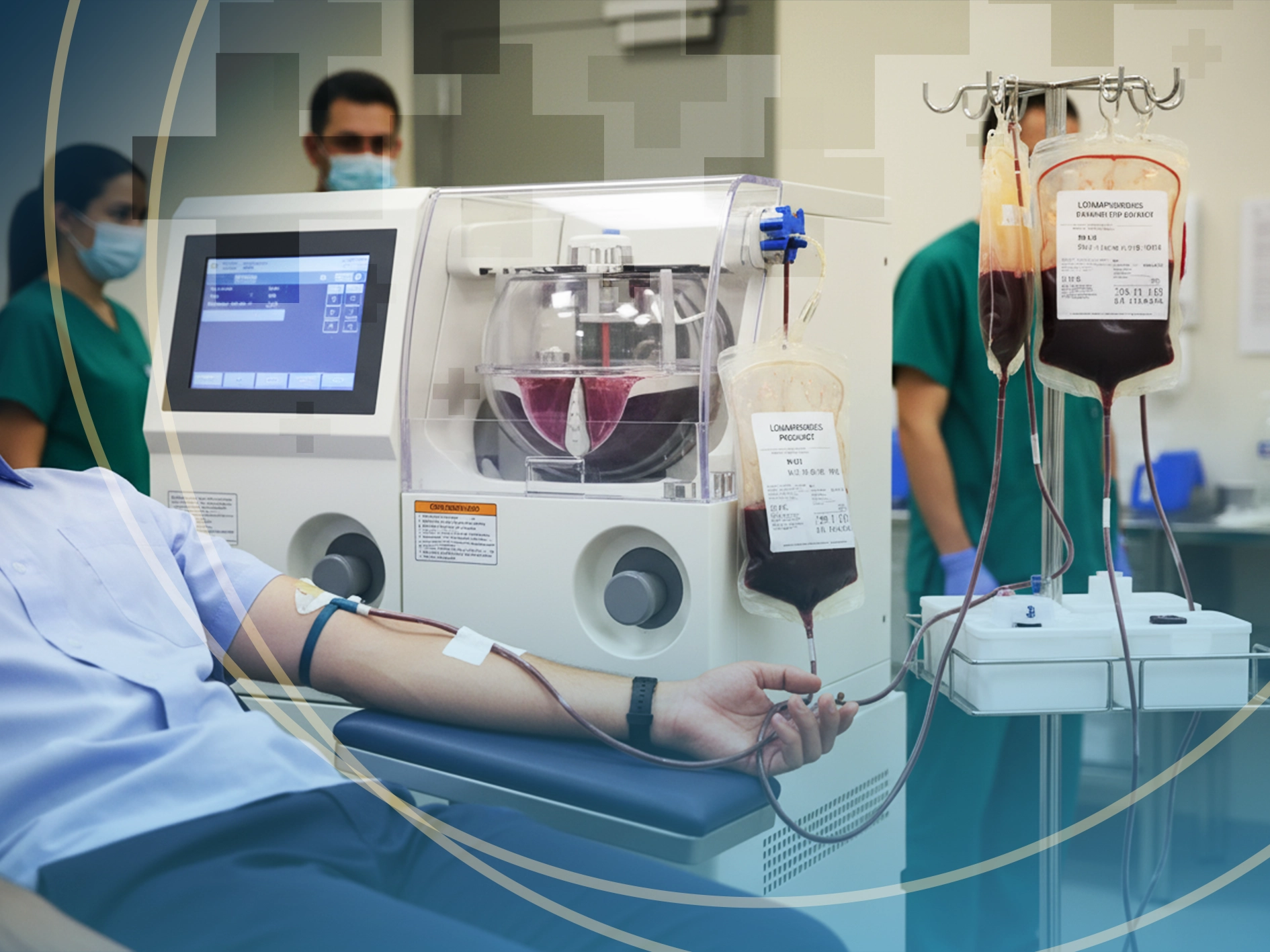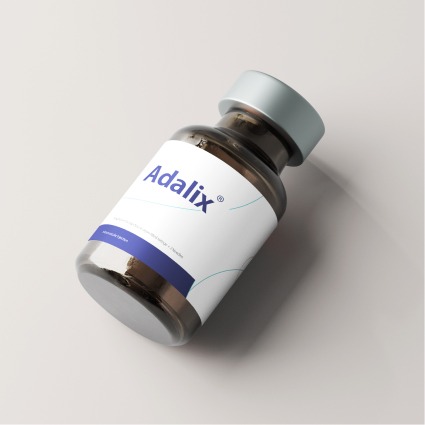From Apheresis to Infusion: How Operational Speed Shapes Returns in GCC Advanced Therapy Manufacturing
The Gulf’s life sciences sector is entering a new phase. After years of investing in hospitals and medical education, the next layer of value lies in advanced therapy manufacturing—especially cell and gene therapies that promise long-term disease modification rather than chronic treatment.
Across the GCC’s emerging manufacturing network, speed has become the critical performance driver. The ability to compress time between apheresis (cell extraction) and infusion (patient treatment) is not just a clinical advantage; it directly affects commercial viability, cost recovery, and investor returns.
Why Speed Matters in GCC Advanced Therapy Manufacturing
Unlike conventional pharmaceuticals, cell and gene therapies operate on a per-patient, rather than a mass-manufacturing, cycle. Every hour saved in production or logistics improves yield predictability and reduces inventory loss.
For Gulf economies diversifying under Vision 2030 and Vision 2040 frameworks, efficiency translates to a measurable return on national investment. The region’s early manufacturing pilots—ranging from aseptic cleanrooms in Oman to cold-chain capacity in the UAE—are proving that speed can determine profitability as much as science.
How Does Manufacturing Turnaround Affect Investment Outcomes?
Shorter manufacturing timelines directly reduce the cost of goods sold (COGS) and accelerate cash conversion. In a GCC context, where many therapies are imported at high margins, localized production can reduce patient costs by up to 30%.
That means quicker capital recovery and a stronger internal rate of return (IRR)—even without premium pricing.
Operational speed also reduces clinical risk exposure. When autologous therapies (those using a patient’s own cells) spend less time in transit, failure rates fall, boosting both patient outcomes and investor confidence.
Oman’s Position in the GCC’s Advanced Therapy Supply Chain
Oman’s industrial policies now extend beyond small-molecule biopharma into cell-processing and biologics manufacturing.
The model being built—anchored by public-private collaboration and workforce localization—gives the country a unique competitive edge.
What Makes Oman’s Manufacturing Environment Attractive for Advanced Therapies?
Regulatory reliability: Oman’s manufacturing standards align with those of the EMA and SFDA, providing investors with clear visibility into approval pathways.
Workforce maturity: GMP-trained technicians already active in biologics can be cross-trained for advanced therapy workflows.
Geographic efficiency: A central location enables same-day cold-chain routing to Riyadh, Doha, and Dubai.
Together, these factors create a predictable environment for advanced therapy manufacturing investment, allowing financiers to focus on throughput rather than systemic delays.
Operational Efficiency as a Driver of Investment Value
In the GCC, where most healthcare investment focuses on infrastructure, the process layer—how efficiently production cycles move—is becoming the real differentiator.
Facilities that can reduce vein-to-vein turnaround from 25 days to under 15 days can realize significant financial gains.
How Does Operational Speed Influence Financial Metrics?
| Operational Parameter | Improvement Target | Financial Effect | Strategic Impact |
| Manufacturing lead time | Reduce by 30 % | 8–10 % improvement in annualized ROI | Faster capital rotation |
| Cold-chain transit loss | Cut by 40 % | 4–5 % cost reduction per treatment | Higher patient throughput |
| Regulatory review cycle | Streamline via pre-validation | 6–8 months earlier revenue realization | Competitive time-to-market |
| Workforce localization | 60 % Omani staff ratio | Lower expat overhead | Long-term cost efficiency |
The table above captures how process gains translate to tangible returns—data that financiers can model into project IRR sensitivity analyses without speculative assumptions.
Regional Momentum: Building GCC Manufacturing Hubs for Cell and Gene Therapies
Saudi Arabia, the UAE, and Oman are now co-evolving complementary capabilities.
Riyadh’s biomanufacturing parks focus on large-scale fill-finish capacity; Dubai on logistics and data integration; and Oman on specialized training and high-purity production environments.
What Opportunities Exist for Cross-Border Collaboration?
Contract manufacturing for GCC-based biotech startups seeking faster regulatory entry.
Shared workforce certification programs to harmonize technical standards.
Joint export corridors enabling distribution to Africa and South Asia within 24 hours.
Each initiative strengthens the GCC’s collective value proposition: a region capable of producing, regulating, and exporting high-value biologics without being entirely dependent on Western facilities.
Reducing Investment Risk Through Infrastructure and Policy Stability
Speed alone does not guarantee investor confidence. Reliability—physical, regulatory, and political—is what makes that speed bankable.
Oman’s predictable energy supply, stable governance, and growing free-zone network (including Duqm, Salalah, and Muscat) underpin its long-term infrastructure resilience.
These attributes reduce country-risk premiums and help advanced therapy manufacturers secure lower financing costs.
Why Are Stable Logistics and Utilities Essential for Advanced Therapy Manufacturing?
Unlike small-molecule drugs, cell therapies depend on continuous refrigeration and power stability.
Every temperature deviation can destroy a batch worth tens of thousands of dollars.
Oman’s logistics redundancy and airport-based cold storage expansion in 2025 ensure that these therapies can be transported safely, meeting global Good Distribution Practice (GDP) standards.
Talent and Training: The Invisible Speed Factor
Speed isn’t only mechanical—it’s human.
Manufacturing consistency depends on how quickly operators can detect deviations, record data, and respond. Oman’s bioprocess training programs, co-developed with equipment OEMs, are shortening learning curves for critical skills such as aseptic technique and in-process QC.
How Is Oman Building Advanced Therapy Manufacturing Talent?
Partnerships with OEMs and international universities for cell-processing certification.
Apprenticeships embedded in existing biologics facilities.
Expansion of cleanroom-simulation labs within Muscat’s education zones.
This workforce continuity reduces the time and cost of scaling new production lines, reinforcing Oman’s reputation as the GCC’s most agile biomanufacturing workforce base.
Looking Ahead: A Realistic Path to Regional Value Creation
The GCC’s advanced therapy ecosystem is still young but rapidly professionalizing.
Oman’s focus on measurable progress—training, validation, and export readiness—makes its approach stand out amid regional ambition.
Rather than competing for headlines, the country is aligning technical performance with investor expectations: steady throughput, low waste, and predictable cash cycles.
Over time, these fundamentals—not speculative growth forecasts—will define the region’s actual value in global life sciences manufacturing.

